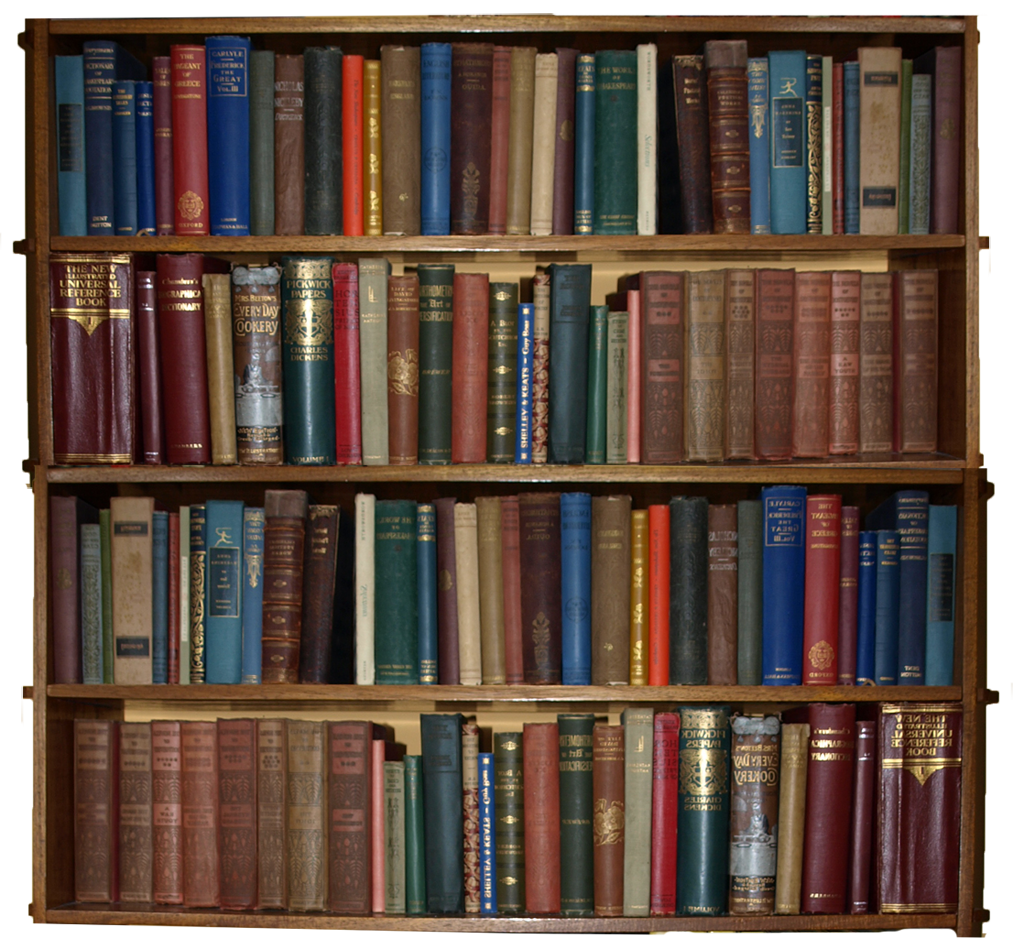
This is only the third installment of this series.
Today's book is Before Philosophy: The Intellectual Adventure of Ancient Man, by Henri and Henriette Frankfort, published in 1949.
I was turned on to this book because my favorite philosopher, Eric Voegelin, in one of his essays mentioned it approvingly (something he rarely did, as he had a curmudgeonly penchant -- the old loveable grouch -- for caustic sniping at nearly everyone and their thoughts and writings).
What Voegelin approved of in this book was its intelligently catholic (with a small c) insouciance regarding pagan mythology -- palpating and bringing to light equivalencies of symbolisms among the different myths of the Cradle of Civilization (Egypt and Mesopotamia), with an eye to their equivalencies among the wider Mediterranean world of Graeco-Roman myths and, from there, the Israelite and Christian theologoumena, which did not sprout up de novo utterly disconnected from their cultural milieus, but in certain ways grew organically out of them -- an organic growth that need not be seen as inimical to a divine revelation that reveals itself precisely through a human context, not as an alien intrusion irrelevant to the medium of the cosmos (and its symbolic equivalent, Creation).
As Voegelin's appvoving notice implied, while the Frankforts' Before Philosophy was an advance, in light of new scholarship, on Frazer's The Golden Bough (a seminal multi-volume study on comparative religions published in installments straddling the fin du siècle), it also was decidedly not a regression to the kind of glibly simplistic popularization of the genre vulgarized later in the 1970s by Joseph Campbell.
Previous Installments:
No comments:
Post a Comment